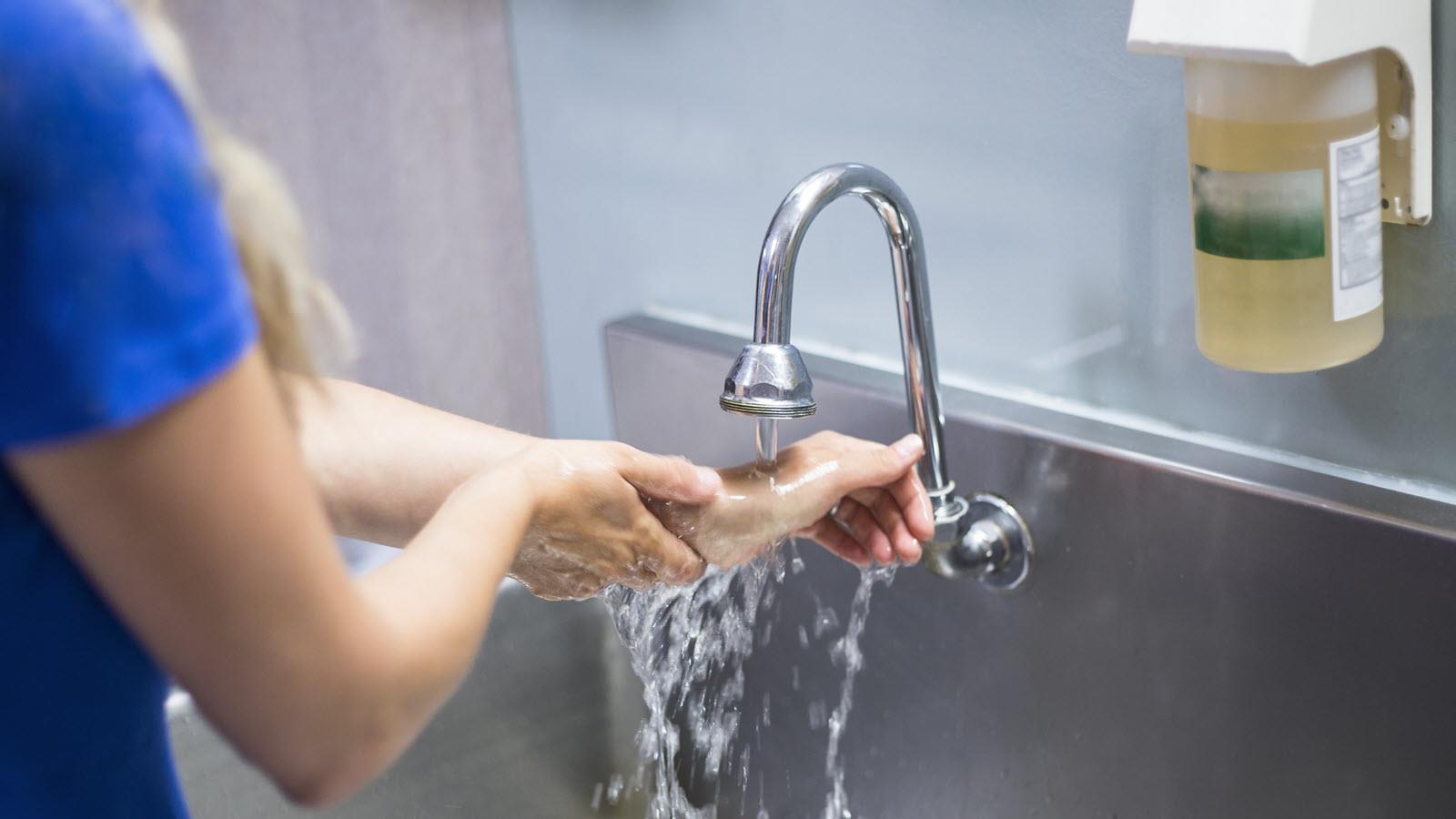Infections picked up in a hospital or health care facility can be among the most threatening, so what can a patient do?
The World Health Organization says patients can be brave and ask doctors, nurses and other health care staff to wash their hands before and after they treat you. That includes times when a health care worker touches you or performs a procedure, such as inserting and intravenous line (IV), according to the WHO. To make it less awkward, they suggest, by thanking doctors and nurses in advance for washing their hands, a strategy that gives a gentle nudge.
It’s one of several initiatives the WHO is supporting for World Hand Hygiene Day on May 5. Other efforts focus on what health care workers and health care facilities can do – for instance, making sinks, soap and hand sanitizer as accessible as possible.
In the 1800s, Hungarian-born physician Ignaz Semmelweis discovered that handwashing – and washing instruments – decreased infections in the maternity ward. His insights were not immediately welcomed, but eventually the tide turned. Today, many hospitals and clinics work hard to keep things clean, especially hands, to prevent patients from getting infections during medical care.



